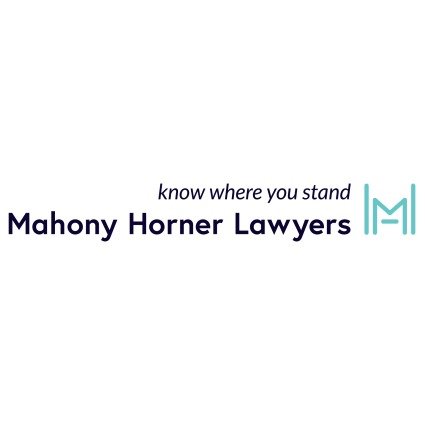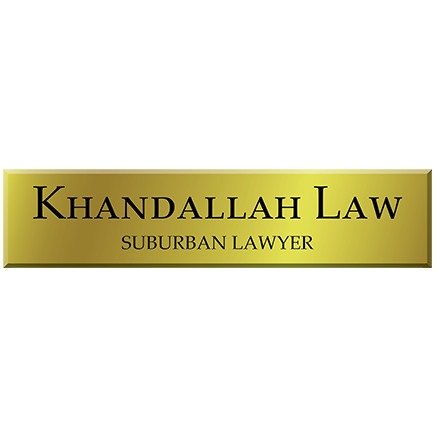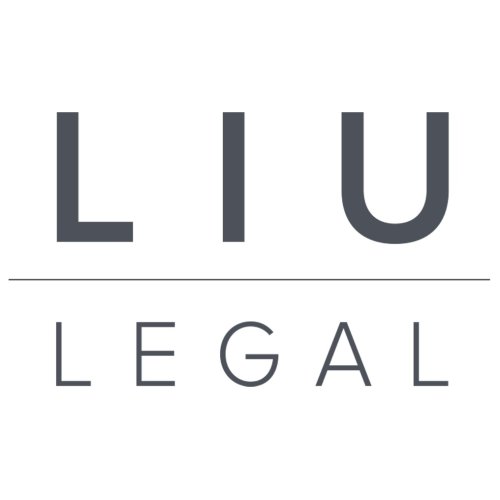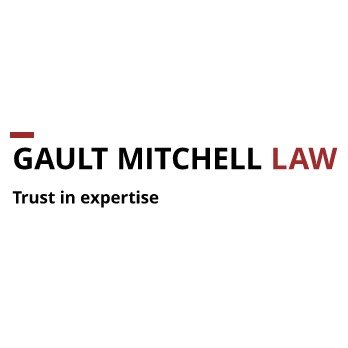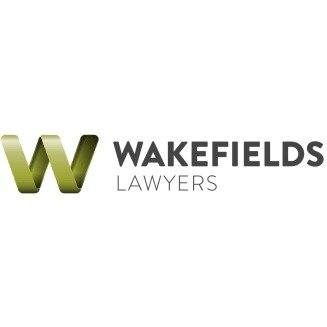Best Foreclosure Lawyers in Wellington
Share your needs with us, get contacted by law firms.
Free. Takes 2 min.
Free Guide to Hiring a Real Estate Lawyer
List of the best lawyers in Wellington, New Zealand
About Foreclosure Law in Wellington, New Zealand
Foreclosure in Wellington, New Zealand, typically refers to the legal process through which a lender seeks to recover the balance of a loan from a borrower who has stopped making payments. In New Zealand, foreclosure is also known as mortgagee sale. This process can ultimately lead to the sale of the property, where the lender attempts to recoup the outstanding mortgage balance from the sale proceeds. The legal framework for foreclosure is guided by the Land Transfer Act 2017 and the Property Law Act 2007, as well as related regulations that aim to protect both borrowers and lenders throughout the process.
Why You May Need a Lawyer
Engaging a lawyer can be crucial in a foreclosure situation for several reasons. Homeowners facing foreclosure may need legal help to understand their rights and obligations. Lawyers can provide guidance on negotiating with lenders to potentially stop or delay foreclosure. They can also assist in exploring alternative resolutions, such as refinancing or restructuring the loan. Additionally, legal expertise is vital if a homeowner believes there has been an error in the foreclosure process or if there is a dispute regarding the loan agreement's terms. Furthermore, legal representation might be necessary to ensure that the foreclosure process complies with local laws.
Local Laws Overview
The key legislative frameworks governing foreclosure in Wellington include the Land Transfer Act 2017 and the Property Law Act 2007. These laws outline the rights of mortgagees and mortgagors and stipulate the process that must be followed in the event of a mortgage default. Mortgage holders must provide a formal notice and allow a reasonable period for rectification of default before proceeding with a sale. The Unclaimed Money Act 1971 also plays a role where surplus proceeds from a sale are unclaimed. These laws are designed to balance the interests of both lenders and borrowers, ensuring a fair process is followed.
Frequently Asked Questions
What is the first step in the foreclosure process?
The process typically begins with the lender serving a formal notice of default to the borrower, which provides details of the default and steps to remedy it.
Can I stop foreclosure once it has started?
Yes, borrowers may be able to halt the foreclosure process by working with the lender to rectify the default, negotiate a loan modification, or explore refinancing options.
How long does the foreclosure process take?
The duration can vary but generally takes several months from the notice of default to the final sale of the property, depending on the complexity of the situation and the court's involvement.
Will I be notified of the foreclosure sale date?
Yes, the lender is required to provide notice of the sale, including the date and location, as part of the legal process.
What happens if the property sells for more than I owe?
If there is a surplus after the sale, it should be returned to the borrower. However, the process for claiming these funds can vary.
Are there defenses against foreclosure?
Defenses may include allegations of improper servicing, loan agreement violations, or proof that the mortgagee did not follow correct legal procedures.
Can I stay in my home during the foreclosure process?
Yes, borrowers typically stay in their homes throughout the foreclosure process until the property is officially sold.
What are my options if I cannot pay the mortgage?
Homeowners can explore options such as selling the property, negotiating a loan modification, or using financial relief programs designed to assist borrowers in distress.
Is there support available to homeowners facing foreclosure?
Yes, there are support services and financial advisers who can assist, as well as legal aid services available for those who qualify.
Can the foreclosure process affect my credit rating?
Yes, a foreclosure can significantly impact a borrower's credit rating, making it challenging to obtain new credit in the future.
Additional Resources
For more resources, individuals can reach out to local support organizations such as Community Law Wellington, Citizens Advice Bureau, or financial advisors experienced in mortgage issues. Governmental bodies like Kāinga Ora offer assistance with housing-related concerns.
Next Steps
If you need legal assistance with a foreclosure, consider reaching out to a specialized property lawyer in Wellington. Schedule a consultation to discuss your situation in detail, understand your rights and obligations, and explore available options. Reviewing your case with a professional can provide clarity and help you make informed decisions regarding your property's future.
Lawzana helps you find the best lawyers and law firms in Wellington through a curated and pre-screened list of qualified legal professionals. Our platform offers rankings and detailed profiles of attorneys and law firms, allowing you to compare based on practice areas, including Foreclosure, experience, and client feedback.
Each profile includes a description of the firm's areas of practice, client reviews, team members and partners, year of establishment, spoken languages, office locations, contact information, social media presence, and any published articles or resources. Most firms on our platform speak English and are experienced in both local and international legal matters.
Get a quote from top-rated law firms in Wellington, New Zealand — quickly, securely, and without unnecessary hassle.
Disclaimer:
The information provided on this page is for general informational purposes only and does not constitute legal advice. While we strive to ensure the accuracy and relevance of the content, legal information may change over time, and interpretations of the law can vary. You should always consult with a qualified legal professional for advice specific to your situation.
We disclaim all liability for actions taken or not taken based on the content of this page. If you believe any information is incorrect or outdated, please contact us, and we will review and update it where appropriate.





